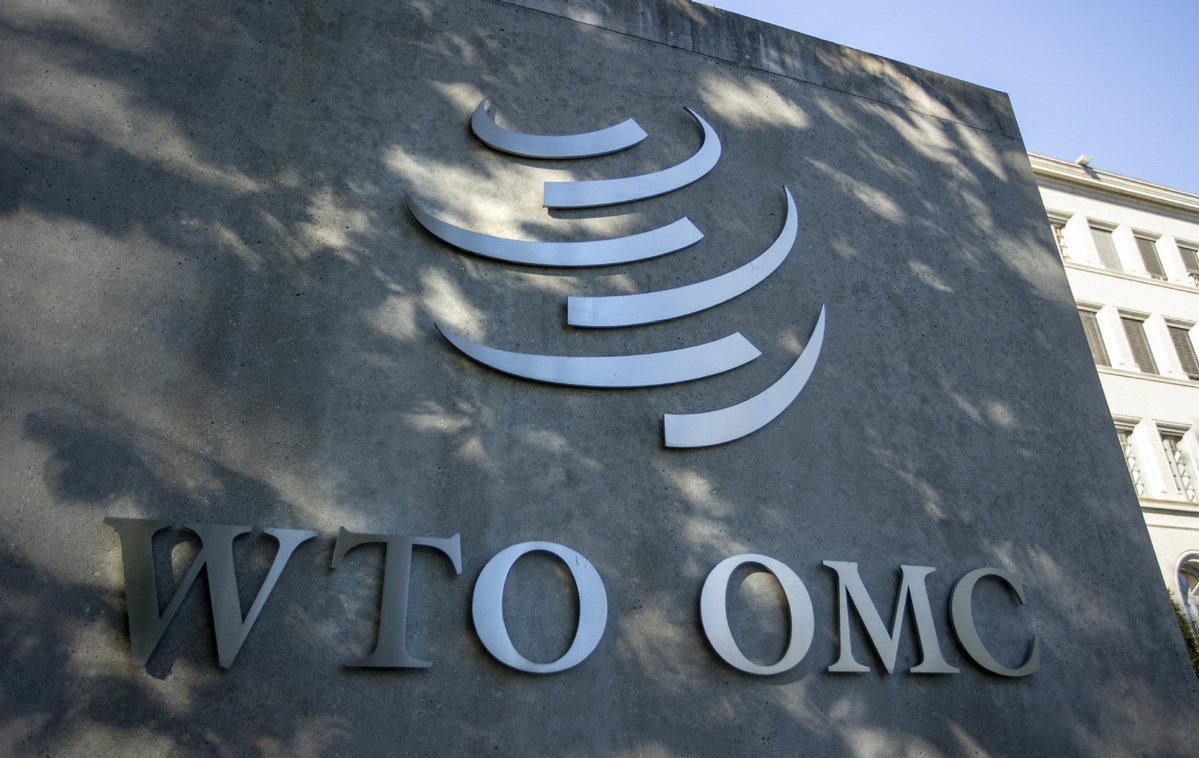WHO move on pandemic well justified


Editor's Note: After the conclusion of the 14th meeting of its International Health Regulations (2005) Emergency Committee recently, the World Health Organization issued a statement saying the novel coronavirus pandemic remains a public health emergency of international concern. Why did the WHO say so and what are its possible consequences? Two experts share their views on the issue with China Daily's Zhang Zhouxiang:
Global health body's statement responsible
One sad but undeniable fact about the novel coronavirus and its variants and sub-variants is that they will co-exist with humans for a long time, and COVID-19 will become more like common flu. This means society needs to make seasonal arrangements to protect the vulnerable groups from the virus, for example, by vaccinating senior citizens, whose immune system is naturally weak, and health workers, who due to the nature of their work are more exposed to the virus, so as to prevent the worse from happening.
Experience shows that antibodies (substances produced by the body which give immunity against specific antigens) may gradually diminish, even disappear three months after vaccination. That's why some experts say there is the risk of a second wave of infections from March to June in China.
As such, plans should be made in advance — especially keeping vulnerable groups such as senior citizens and other high-risk groups in mind — to deal with any sudden, rapid increase in infections, while virologists and epidemiologists should develop more effective vaccines.
China's effective prevention and control measures helped it to deal with the pandemic even at its peak. Actually, the multiple sub-variants of Omicron such as XBB, BA.7 and BA.5 are still to be effectively contained. Many experts say the virus's mutations may end soon. It will remain a "B-level epidemic" in medical parlance, though, which needs to be guarded against.
In fact, many experts say the pandemic is approaching its end. But as an organization, the WHO will naturally tend to be cautious in its decisions and actions because they concern the life and health of the global public, which is a responsible attitude. With the situation constantly improving, the day when the WHO declares the end of the public health emergency of international concern may not be very far.
Wang Yue, dean of the School of Health Humanities, Peking University
People may have to live with virus for a long time
Although the pandemic, as an issue, is getting less and less attention of the international community, its negative impacts on global public health and people's socioeconomic life are undeniable.
A column in the Feb 2 edition of the New England Medical Journal said in the US, COVID-19 deaths still range between 300 and 500 a day, which reflects a higher death toll than common but severe flu.
Also, the two major variants of the novel coronavirus, the more lethal Delta and the more contagious but less lethal Omicron have peaked, which means they are now constantly weakening. Yet the two variants caused the highest number of deaths across the world.
All these facts support the WHO's decision that the COVID-19 pandemic is still a health emergency worth paying attention to. That the majority of the people in the world have already developed short- and mid-term antibodies from vaccination or from being infected means a much lower risk of death from COVID-19, even though vaccination or society-wide contagion has not prevented the spread of the virus.
This means we may have to live with the virus for quite a considerable length of time.
Worse, "long COVID" (long-term effects of COVID-19) in the West has already had a damaging effect on many people. In 2022, the United Kingdom, the United States and Australia published their respective reports on long COVID to study the persistent problems of COVID-19 facing people. For individuals, they still face health risks from COVID-19 and should take effective precautionary measures against it.
Ma Zhanlu, a researcher at Hochschule Boonn-Rhein-Sieg University of Applied Sciences
The views don't necessarily represent those of China Daily.
If you have a specific expertise, or would like to share your thought about our stories, then send us your writings at opinion@chinadaily.com.cn, and comment@chinadaily.com.cn.

































